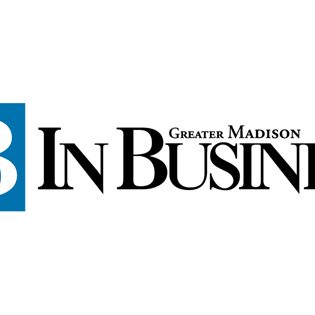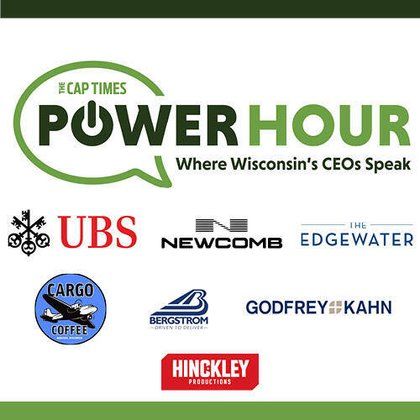By Tom Still
MADISON, Wis. – Don’t look now, but random acts of bipartisanship are taking place in the state Capitol.
As the Legislature moves closer to piecing together a $100-billion-plus state budget for the two years beginning July 1, some goals that seemed out of reach even a few months ago have gained approval from Republicans and Democrats alike.
The cooperation bodes well for Wisconsin’s business climate, not just because some initiatives directly benefit businesses of all sizes, but because they stand to create stronger communities and thus foster better economic conditions. Here are some of the achievements:
The personal property tax is fading into history. Long before Wisconsin was a state, the territory levied a tax on personal property – tangible assets such as livestock, wagons, farm equipment and more – to cover the cost of government. Over time, the state enacted income taxes, sales taxes and taxes on other property such as land, homes and business property. The personal property tax became anachronistic, with so many exemptions and carveouts that it was more of a nuisance for those who paid it than a legitimate source of revenue for the state.
In fact, the Wisconsin Policy Forum recently calculated “personal property” accounted for roughly 2.5% of the total property tax base since 2005. For many businesses, remarked Evan Umpir of Wisconsin Manufacturers and Commerce, “navigating the red tape and record-keeping for this tax could be more expensive than the tax itself.”
Gov. Tony Evers signed into law a total repeal of the tax effective January 2024, part of a larger compromise on increasing state shared revenues to cities, villages and town across Wisconsin.
Shared revenues are what the name implies – money collected by the state for efficiency purposes but returned, in part, to local governments. Those governments had been on a crash diet for years, meaning either property taxes needed to be raised or services cut. In some places, essential services such as police and fire protection, road maintenance and more were stretched to the limit.
One such city is Milwaukee, which one state senator described as being “on the verge of insolvency.” The legislation gives Milwaukee a larger share of state dollars, much like other governments, and allows the Milwaukee City Council and Milwaukee County Board separate powers to enact a local sales tax by a two-thirds vote of those bodies.
The 20% shared revenue increase comes with strings many in Milwaukee don’t like, but Evers called the deal “a historic day” when he signed it into law.
“We had good support from Republicans and Democrats. It was bipartisan. … For far too long, our local communities have been expected to do more with less… to make impossible decisions,” Evers said.
Legislation signed into law also includes about $1 billion more public K-12 education as well as $250 million more for private school vouchers tied to individual students. Some public-school advocates were disappointed in Evers, a former state superintendent of public instruction, but he pointed out the reality of working with a GOP-led Legislature.
“We added a little bit more money in order to get this deal across the finish line,” Evers said.
Even the regulation and taxation of alcohol, long debated but largely untouched for decades, is getting an overhaul. Headed toward bipartisan passage and a likely Evers signature is a bill that seeks to make sense of how Wisconsin brewers, distillers, wineries, retailers, tasting parlors and others who operate in Wisconsin’s three-tiered distribution system are treated. Owners of wedding barns aren’t happy, but the deal clarifies laws and rules in place in some cases since the repeal of Prohibition in 1933.
A couple of major issues have renewed tensions: Hefty income tax reductions and funding higher education over the long haul. There are plenty of reasons for Republicans and Democrats to disagree in the coming weeks, but in some cases, politics has given way to governing.
Still is president of the Wisconsin Technology Council. He can be reached at tstill@wisconsintechnologycouncil.com.





